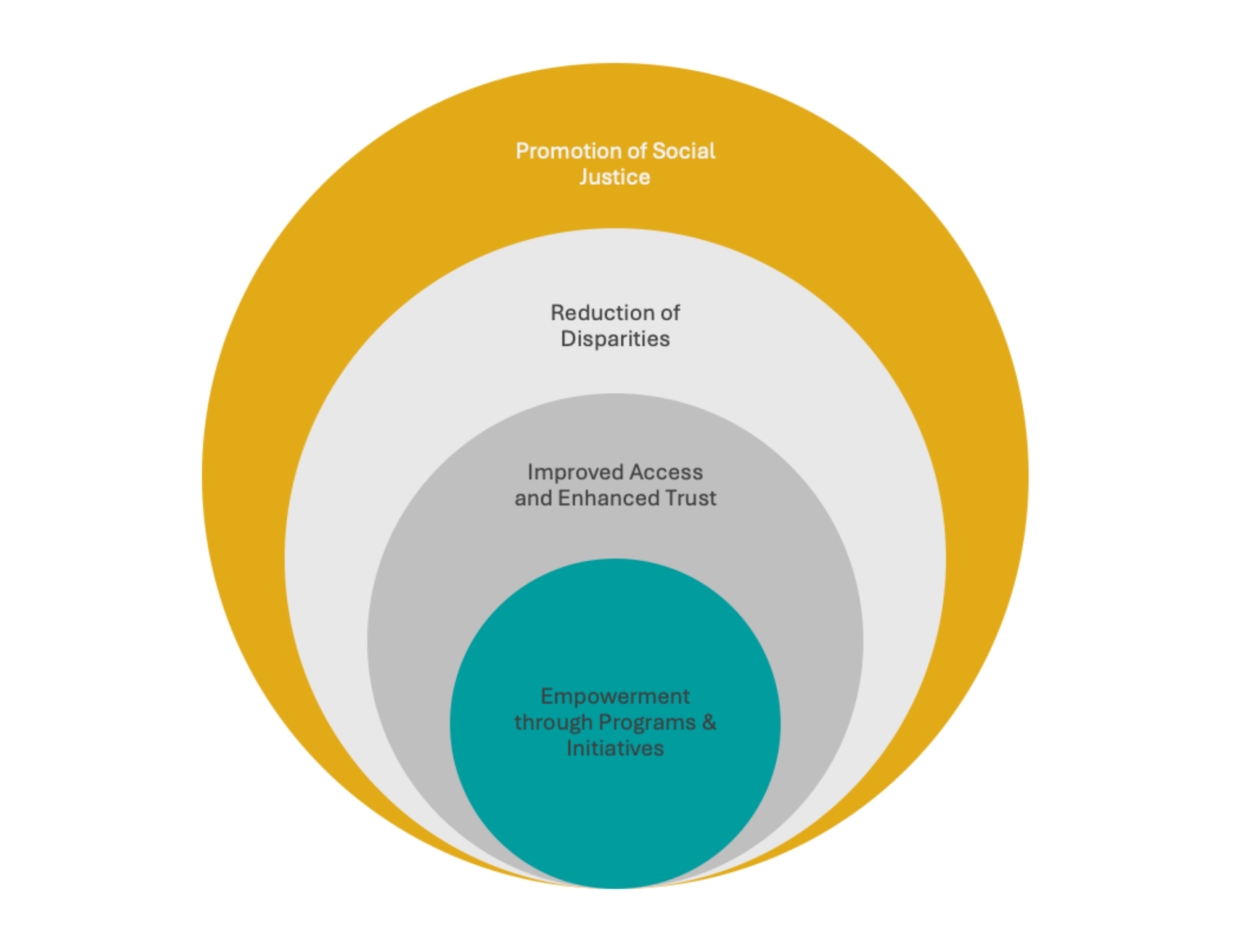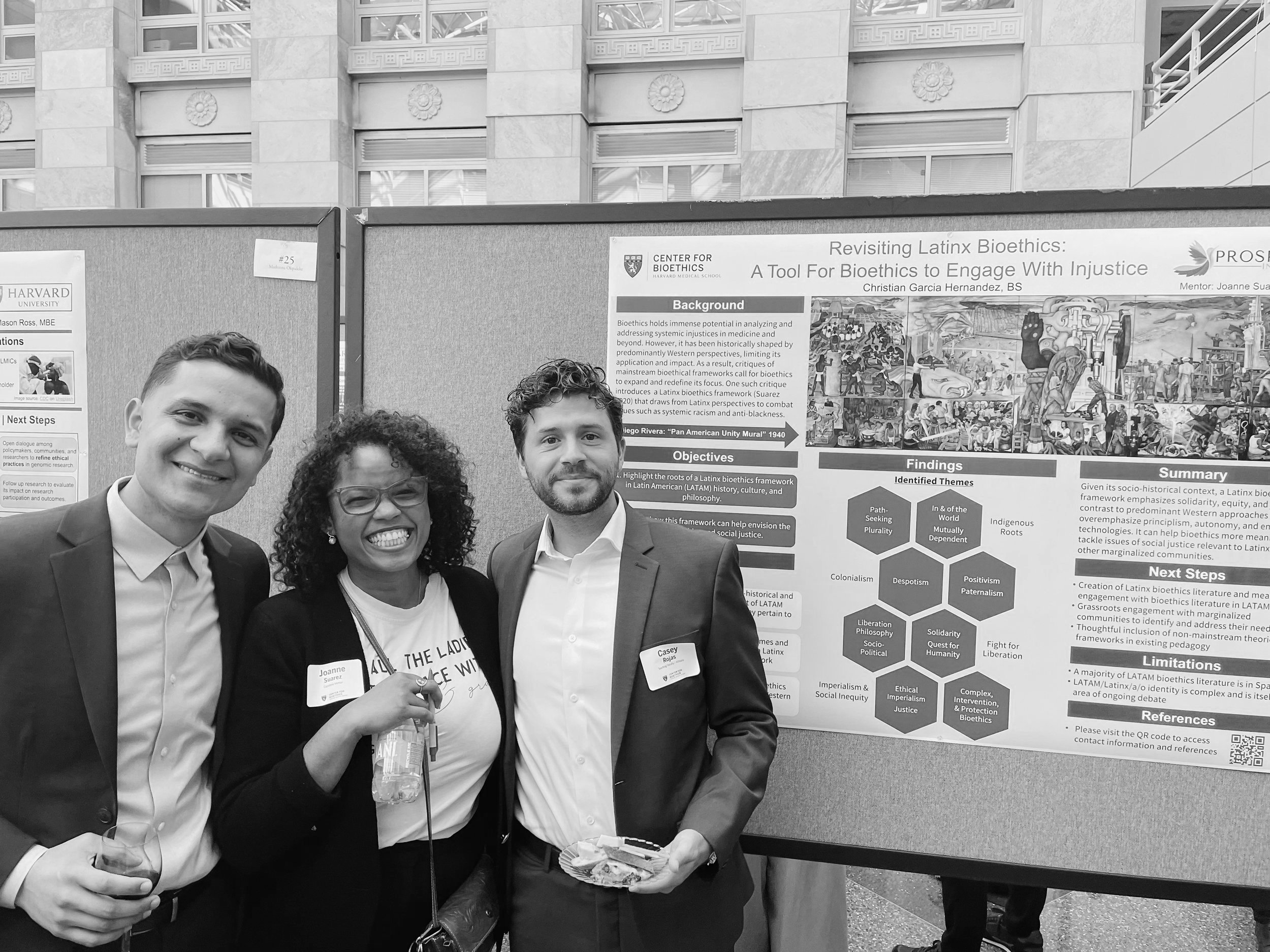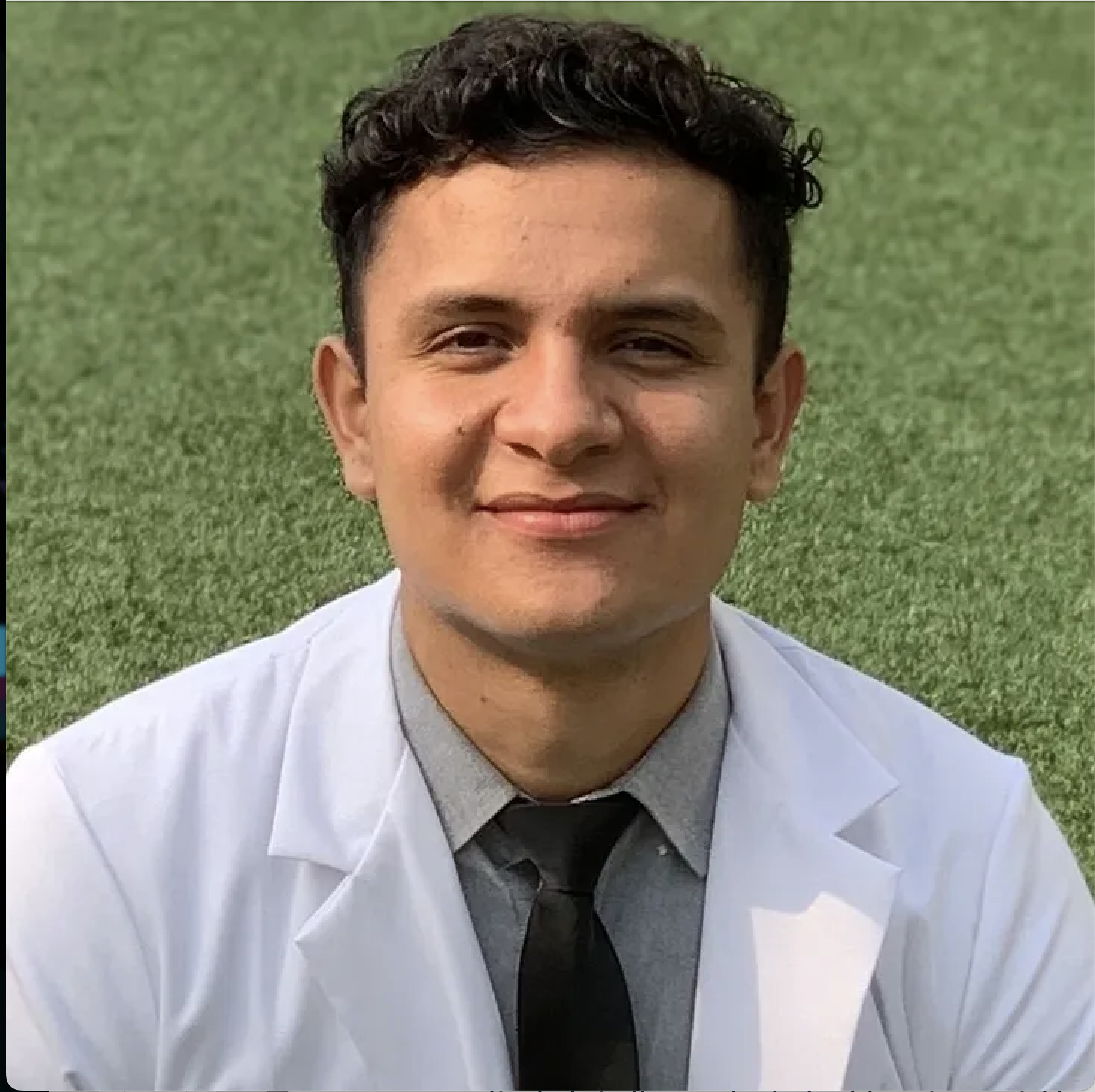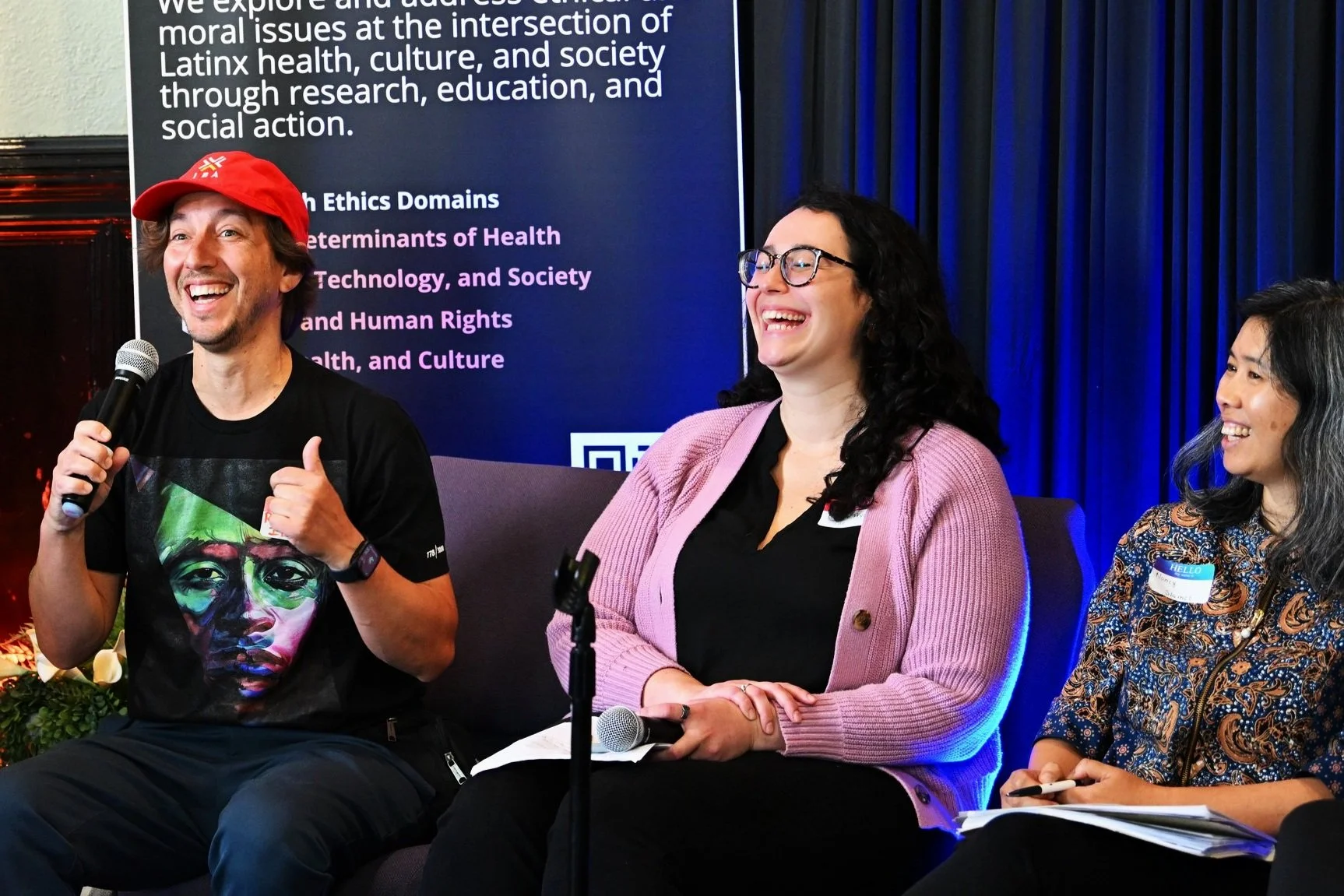
Latinos are the largest and fastest-growing ethnic group in the United States, yet they face significant health disparities compared to their non-Hispanic white counterparts.
These disparities manifest in higher rates of chronic diseases, lower life expectancy, and poorer overall health outcomes. Addressing these inequities requires a comprehensive approach that tackles social determinants of health, improves access to quality care, and invests in culturally competent health services for the Latino community.
At Prospera, we envision a world of health prosperity where ethical considerations in healthcare fully reflect the cultural practices and lived experiences of Latinx communities, leading to human flourishing and more transparent, just, and healthy outcomes for all.
"Latinx communities are not monolithic. Our cultural beliefs, values, and practices shape the ways we interact with health and healthcare."
Prospera Institute is a start-up organization committed to advancing Latinx health prosperity.
We are committed to exploring ethical and moral issues at the intersection of Latinx health, culture, and society, aiming to increase awareness and understanding of the impact health inequities have on Latinx communities. We do this by exploring complex issues through ethical frameworks applied in public health and by providing programs and education that drive social change.

Focus Areas
-
We explore the ethical dimensions of SDOH and how factors such as socioeconomic status, education, housing, environment, and access to healthcare shape Latinx population health outcomes.
-
We focus on understanding the social, cultural, and ethical implications of emerging technologies, scientific discoveries, and their complex interplay with Latinx health outcomes and potential racial disparities.
-
We explore the complex intersection of health and human rights, focusing on the ethical dimensions of social movements, policies, practices, and systems that shape the quality of life of Latinx individuals and communities of color.
-
We focus on the intersections of artistic expression and cultural traditions against a contemporary socio-political landscape to understand and promote culturally informed practices that promote holistic health and shape well-being.
Our Core Values as Promise to Community
-
We will share power with community stakeholders - engaging them in programs, research, conversations and social action strategies.
-
We will approach our work humbly, understanding that our target communities carry diverse experiences and intersectionalities.
-
We will always hold the best interests of Latinx communities in mind, not distancing ourselves from historical patterns that have fostered health inequality.
-
We will intentionally reinvest into communities and emerging leaders placing communities where they deserve to be - at the center of our mission.
Our Approach
Prospera Institute (PI) was founded in 2019 as the LatinX Bioethics grassroots coalition at the Harvard Medical School Center for Bioethics in response to a lack of visibility of ethical issues impacting Latinx communities.
In our work, we integrate ethical frameworks with population health promotion models to improve health outcomes for Latinx individuals and communities most impacted by racial health inequities.
Driving Social Change
Since our grassroots inception in 2019, we have advocated for social policy reforms, signed on to amicus briefs, created pipelines for the next generation of minority ethicists in STEM, and raised public awareness about bioethics’ contribution to advancing racial health equity. As a result, we have developed a loose network of 30+ multidisciplinary Latino ethicists and successfully launched a grassroots internship and fellowship program—11 minority students successfully participated and deployed over 8 public health initiatives in the U.S. and Latin American countries.
Past Events
The Health Equity for All Symposium occurred Saturday, September 28th, 2024, at Bethel AME Sanctuary in Jamaica Plain, covering and engaging the the community in bioethics education.












